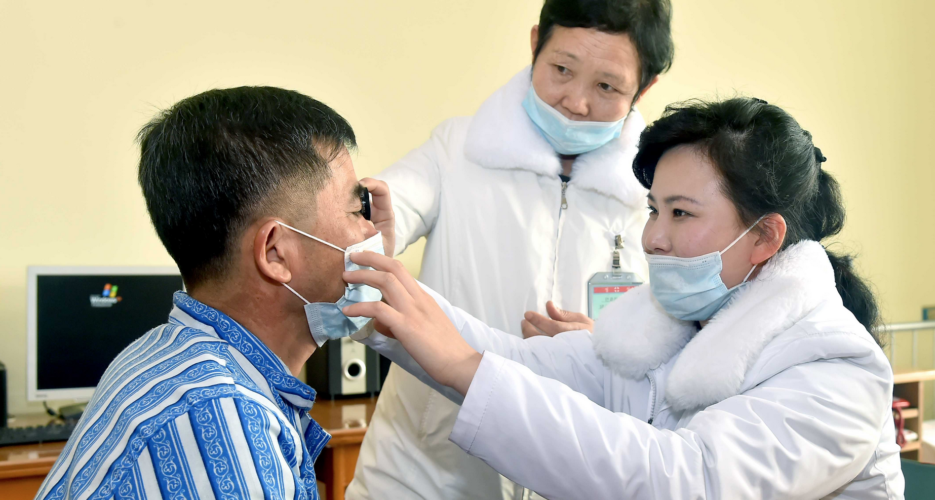Pyongyang’s decision to seal off its borders with China and Russia -- and stringently control the movement on non-citizens in and out of the country -- has brought North Korea under an unprecedented degree of isolation.
Indeed, the DPRK’s provision of medical aid to the PRC to assist with the COVID-19 crisis just over a month ago was arguably primarily about soothing Chinese consternation over Pyongyang’s decision to shut its border with the PRC.
Pyongyang’s decision to seal off its borders with China and Russia -- and stringently control the movement on non-citizens in and out of the country -- has brought North Korea under an unprecedented degree of isolation.
Indeed, the DPRK’s provision of medical aid to the PRC to assist with the COVID-19 crisis just over a month ago was arguably primarily about soothing Chinese consternation over Pyongyang’s decision to shut its border with the PRC.
Become a member for less than $4 per week.
Unlimited access to all of NK News: reporting, investigations, analysis
The NK News Daily Update, an email newsletter to keep you in the loop
Searchable archive of all content, photo galleries, special columns
Contact NK News reporters with tips or requests for reporting
Get unlimited access to all NK News content, including original reporting, investigations, and analyses by our team of DPRK experts.
Subscribe now
All major cards accepted. No commitments – you can cancel any time.
